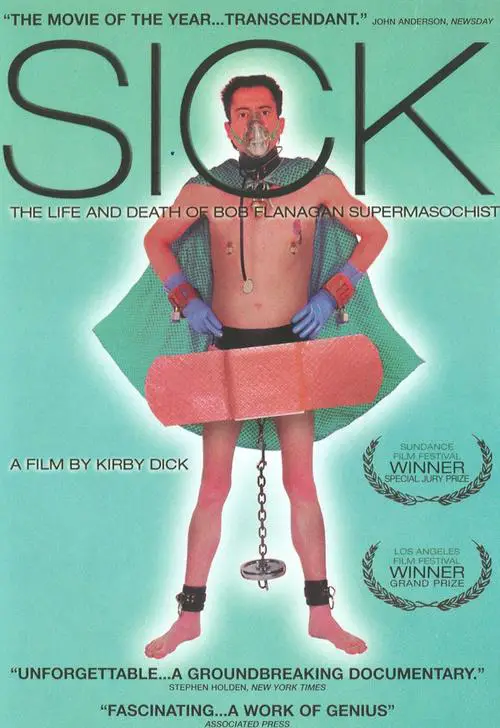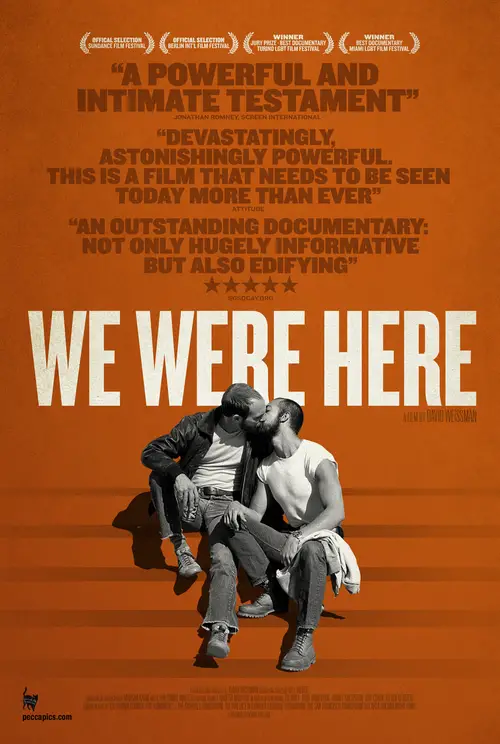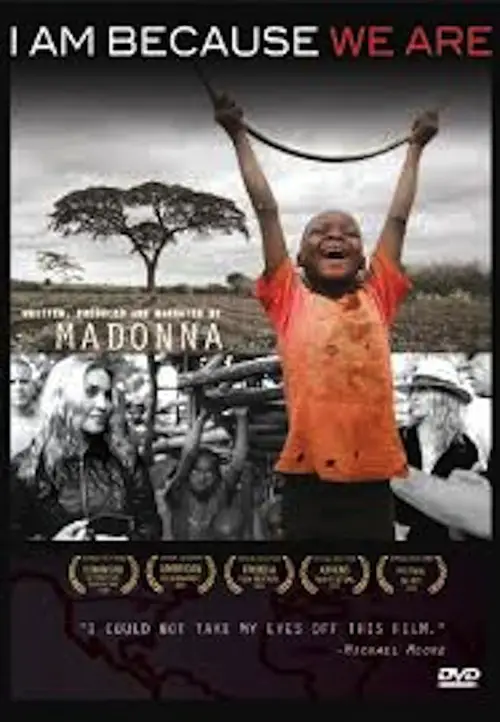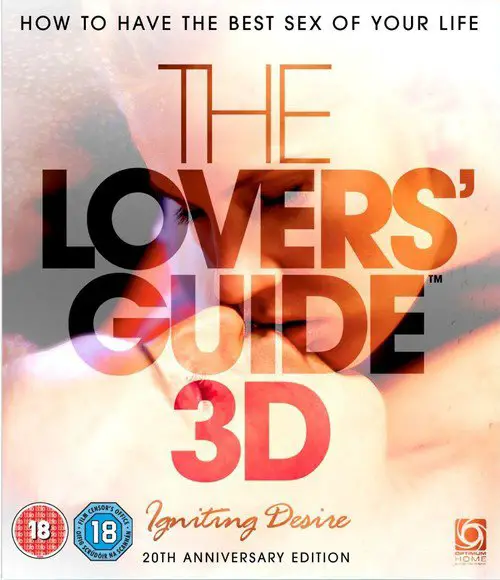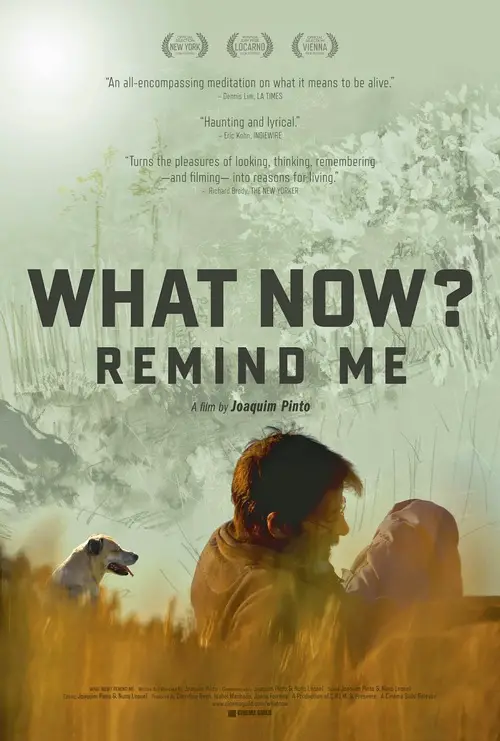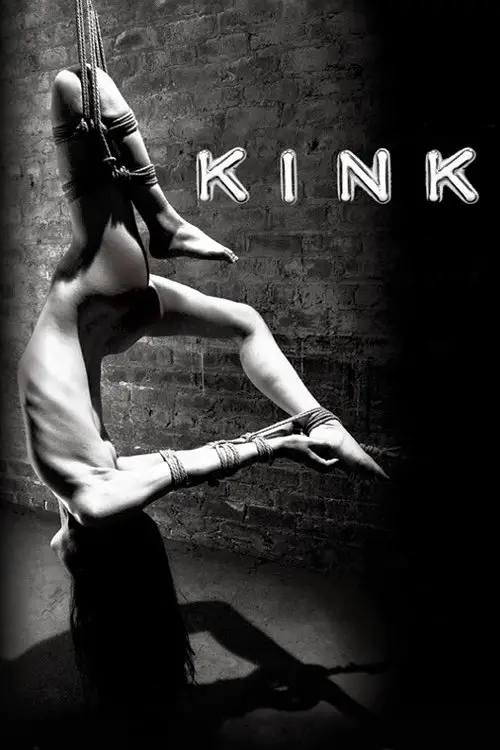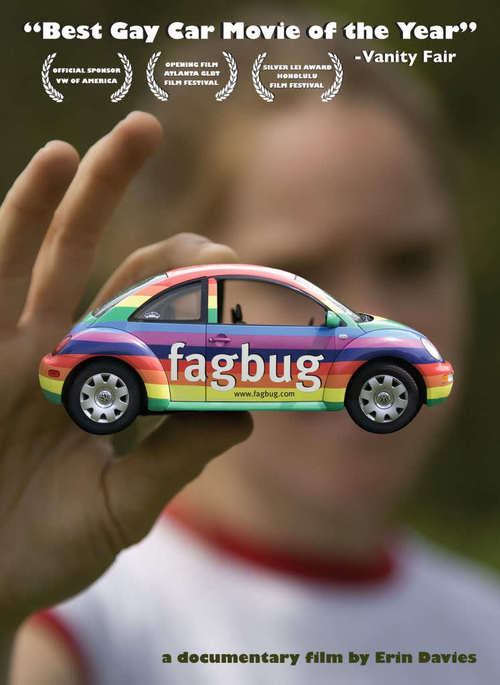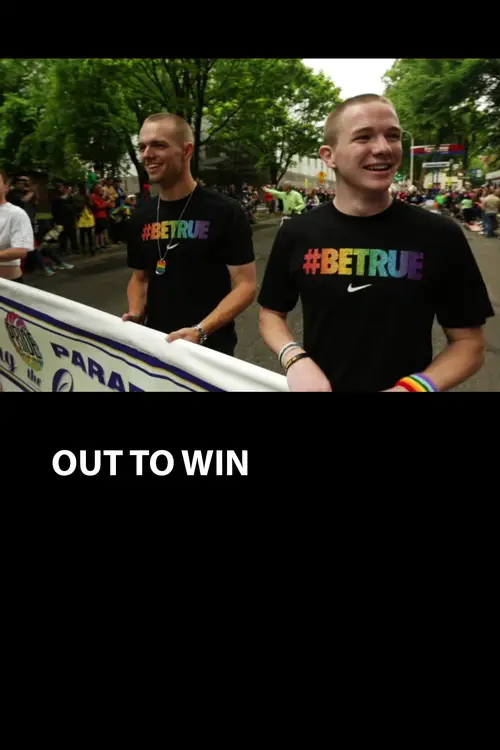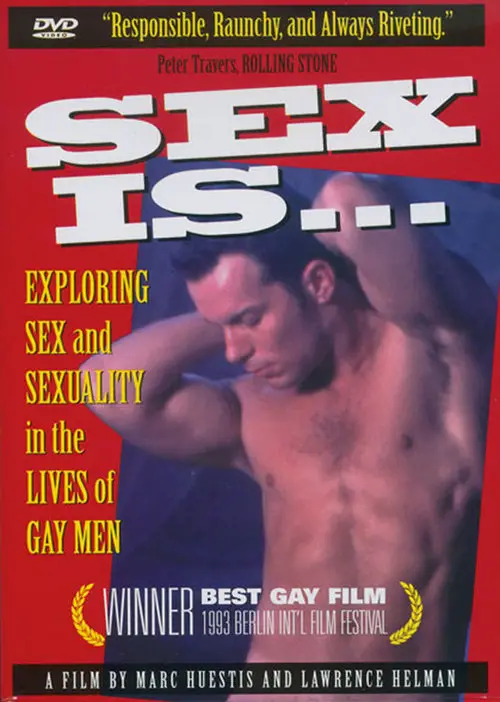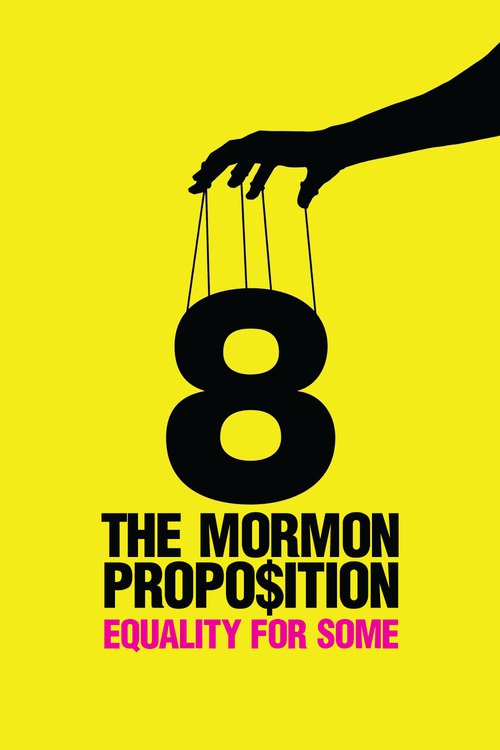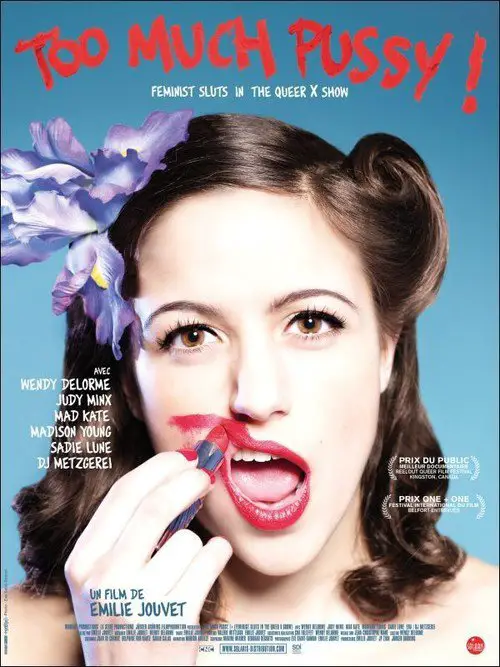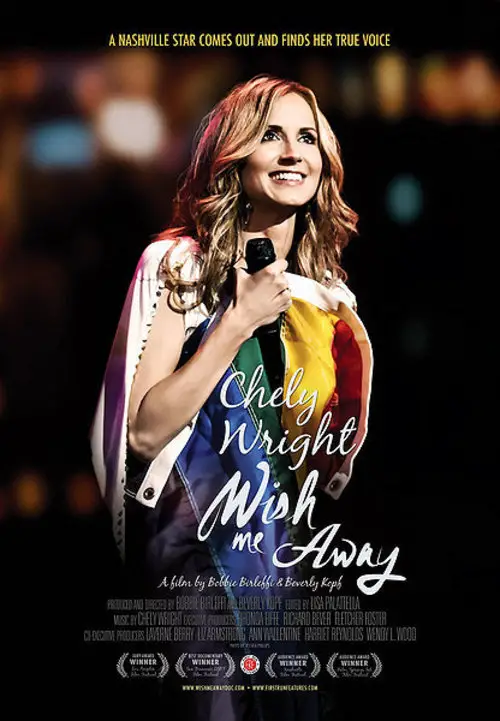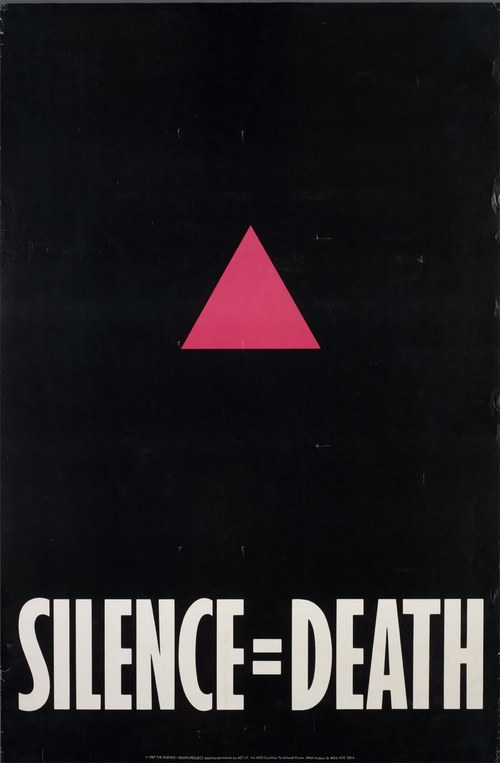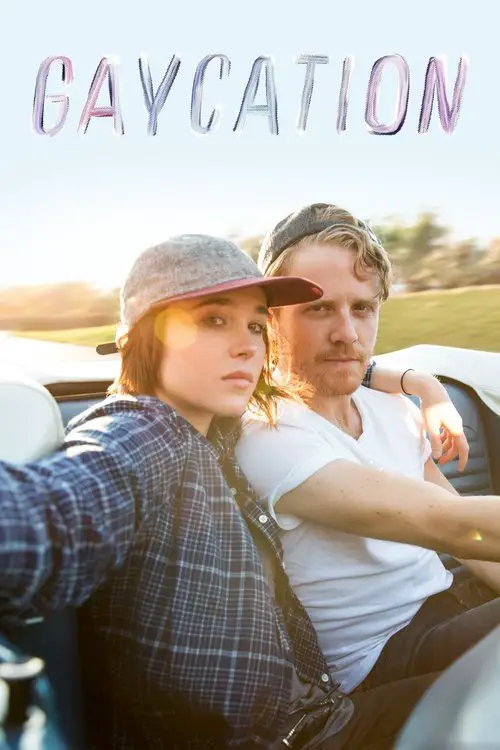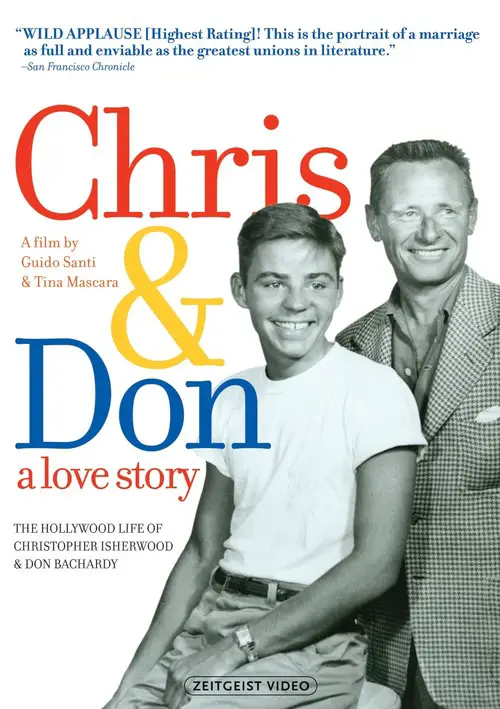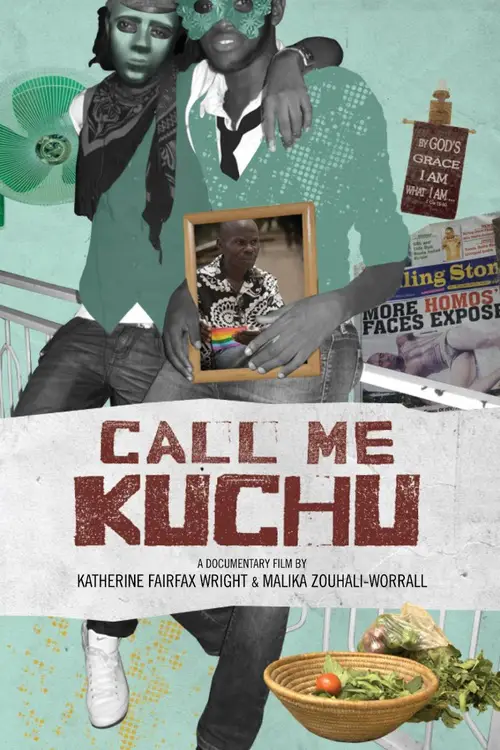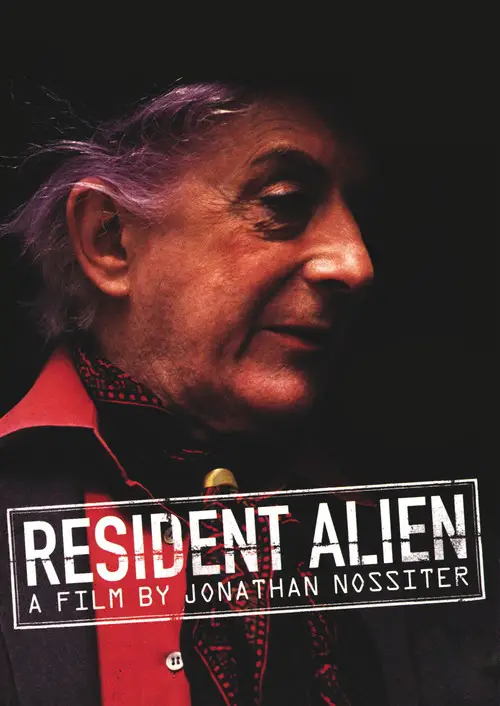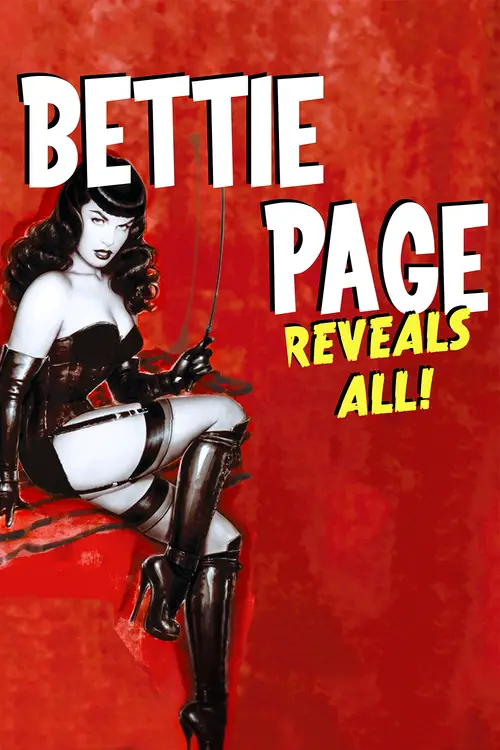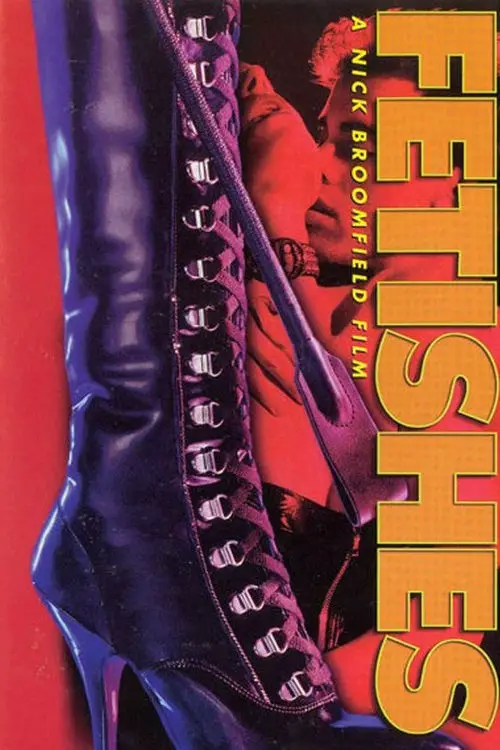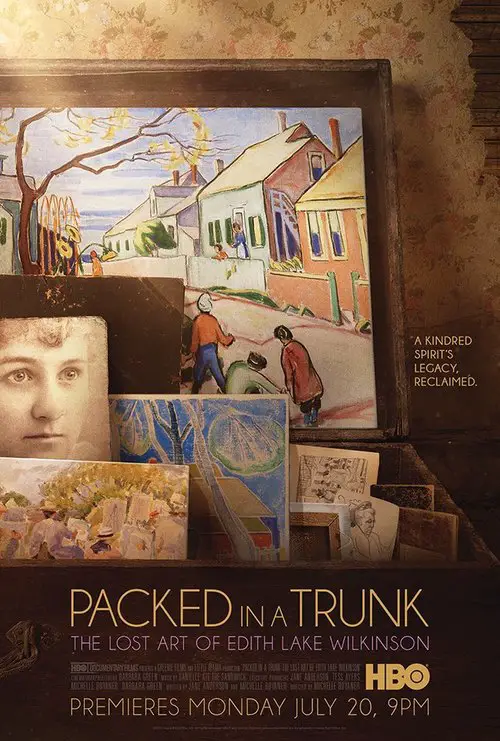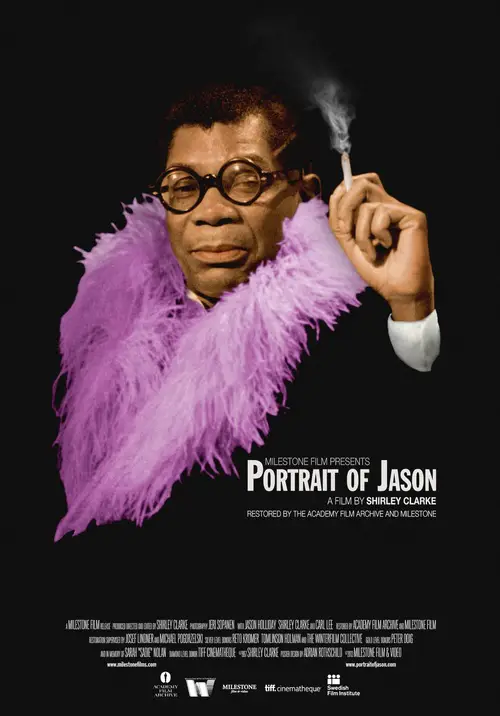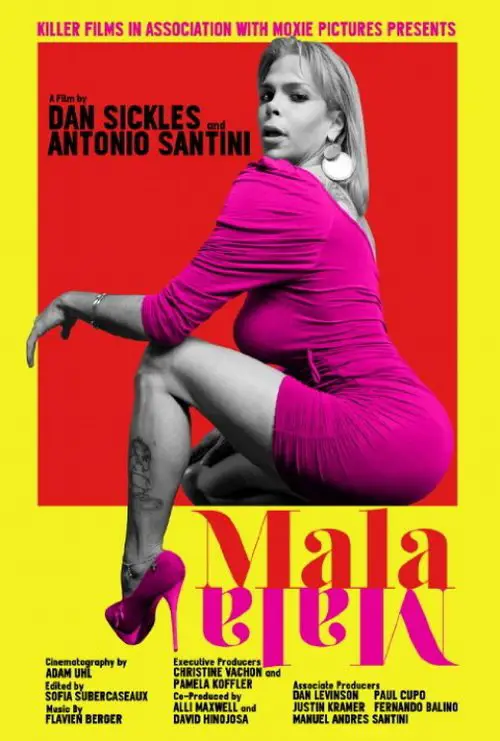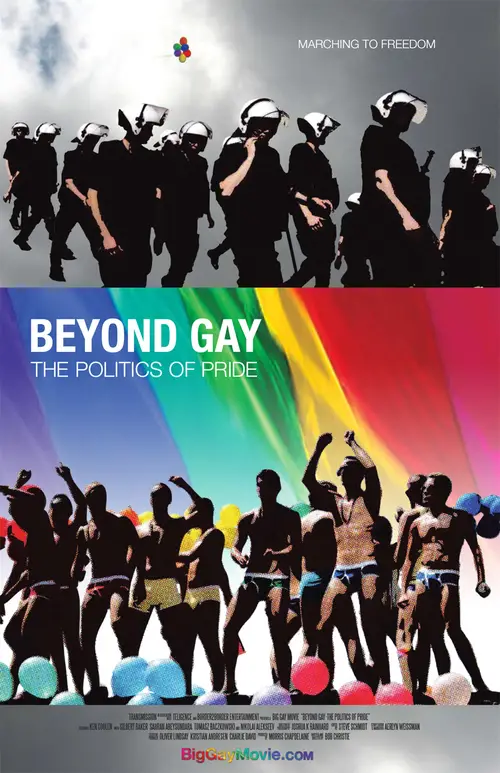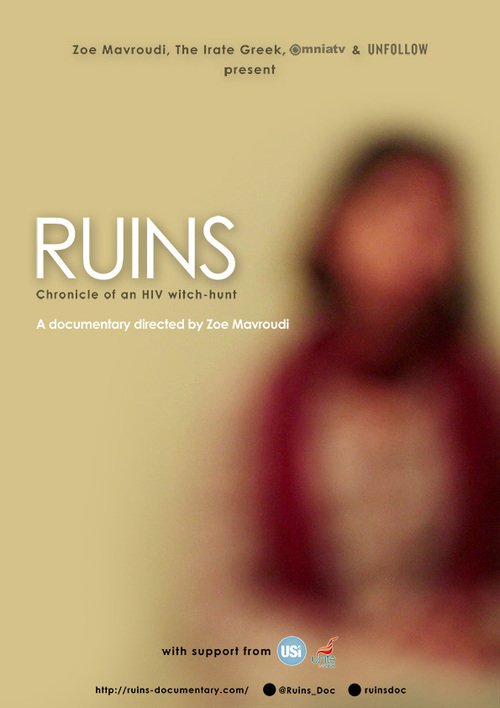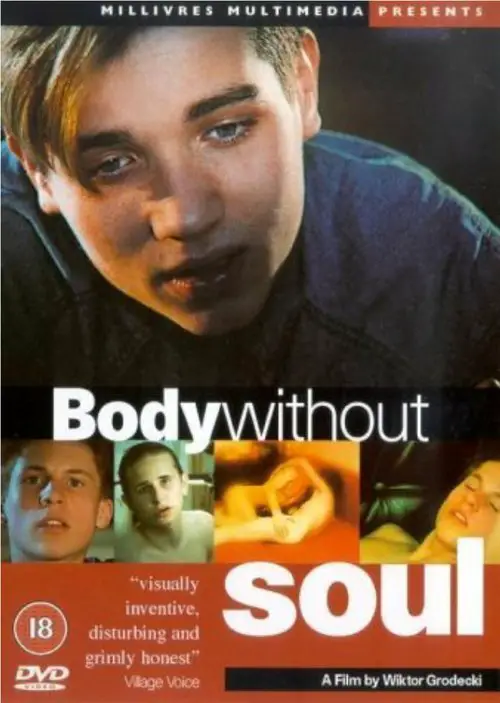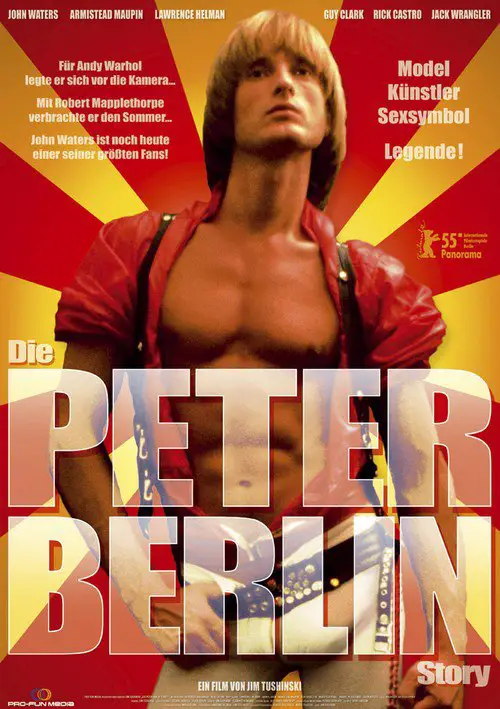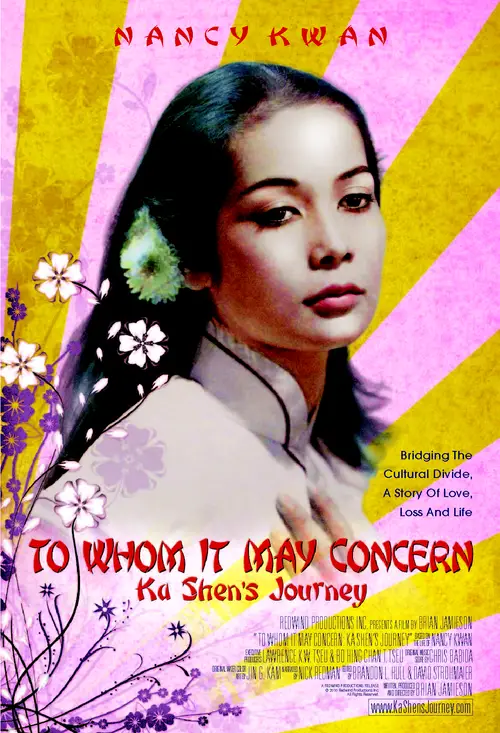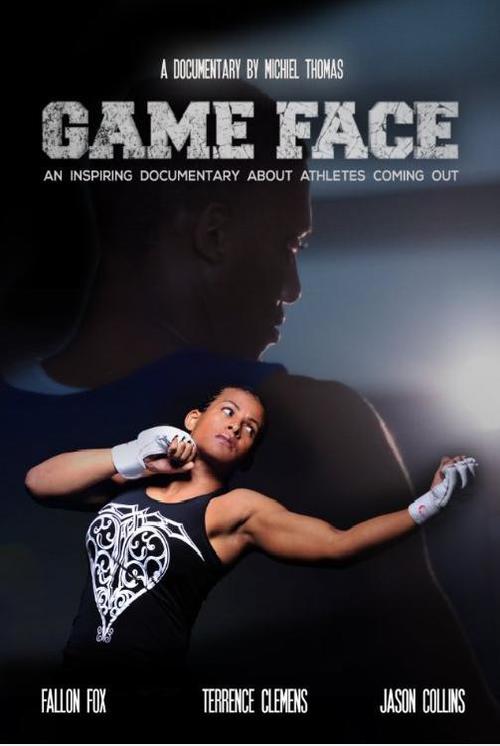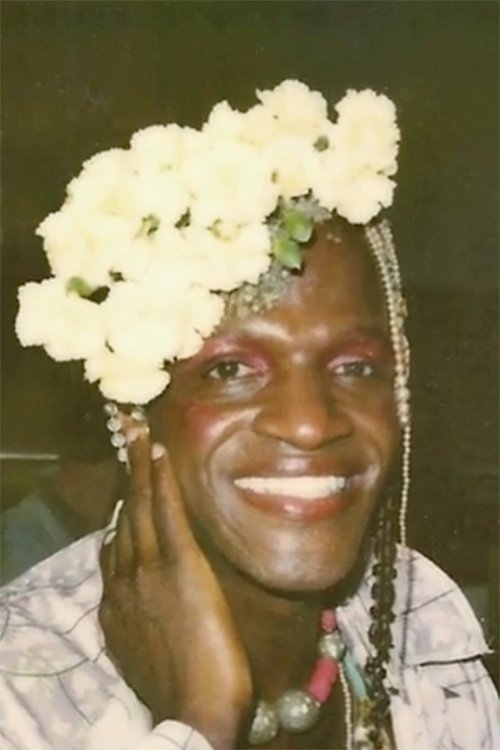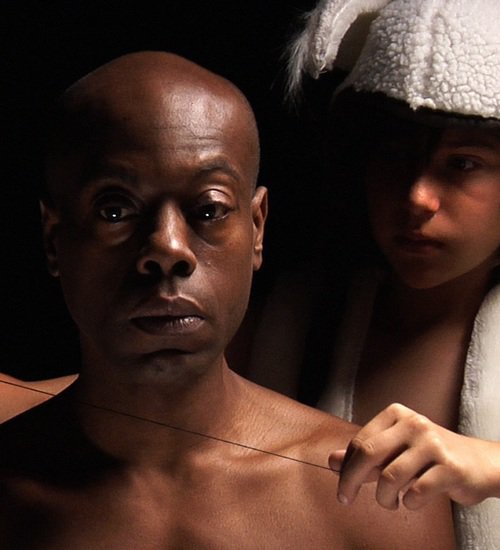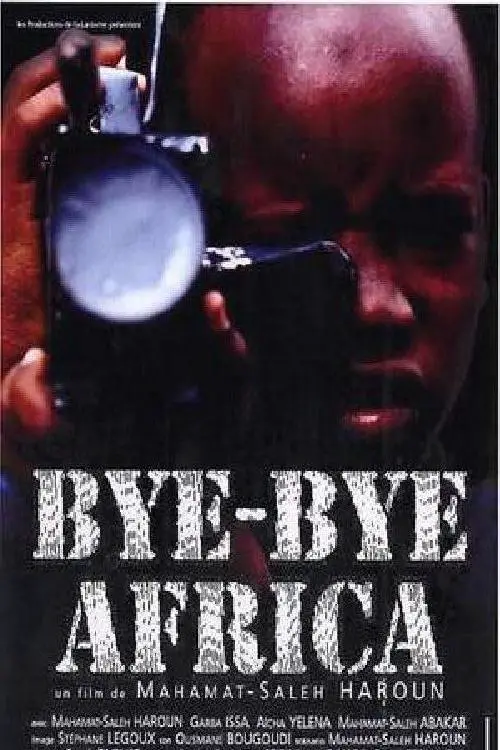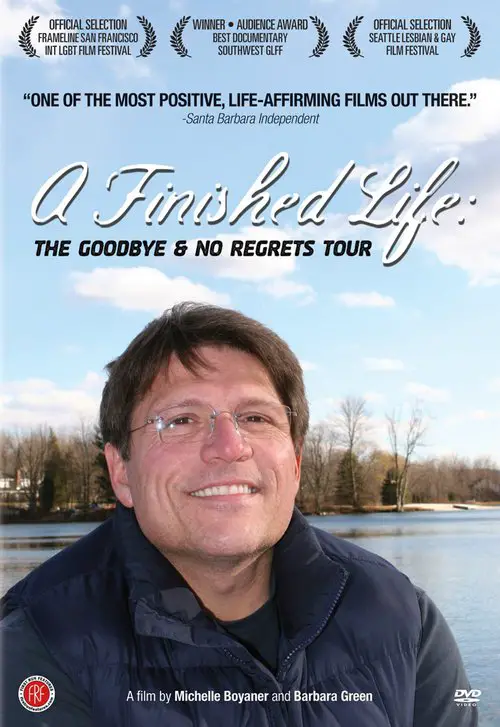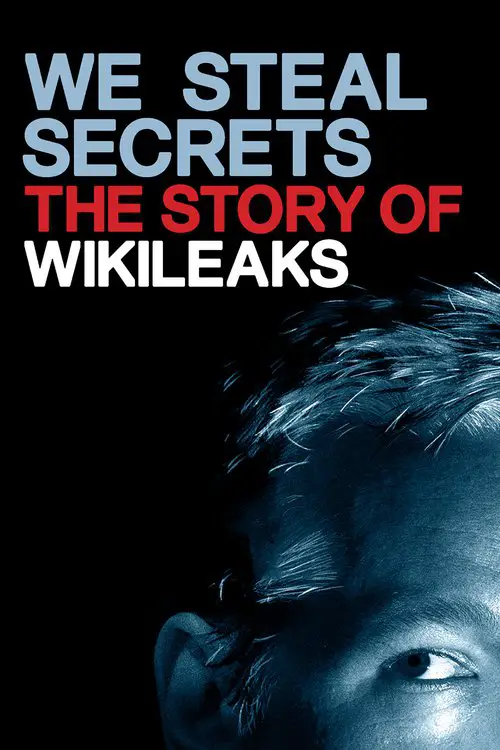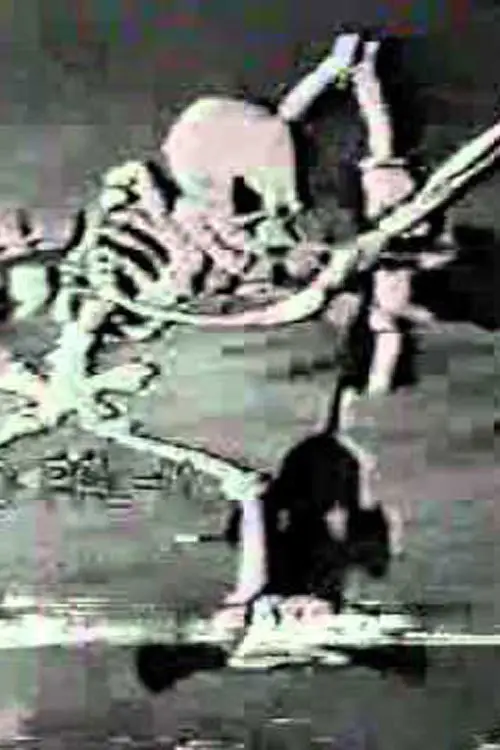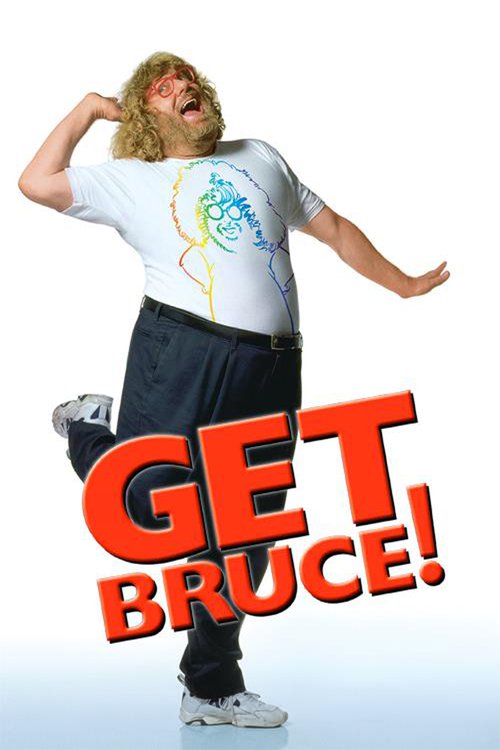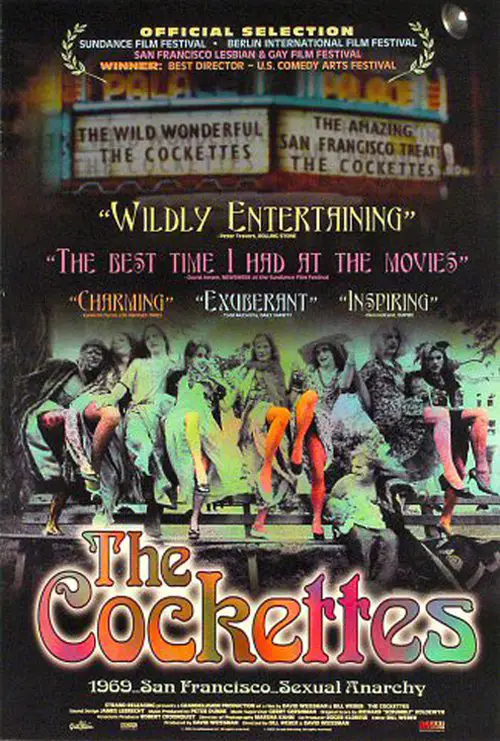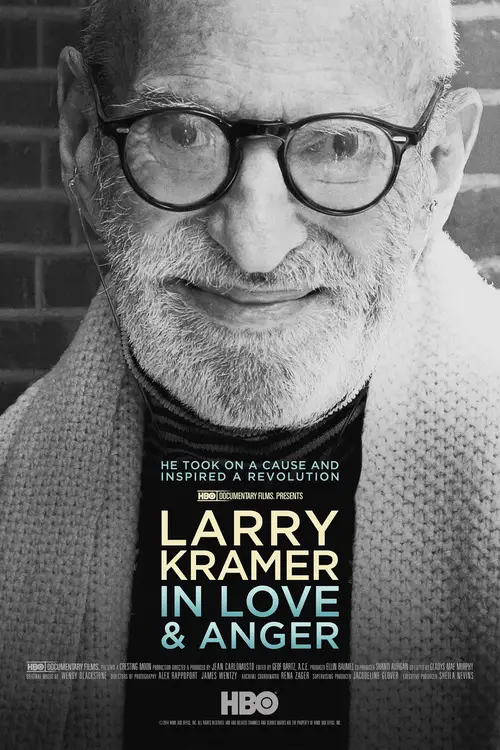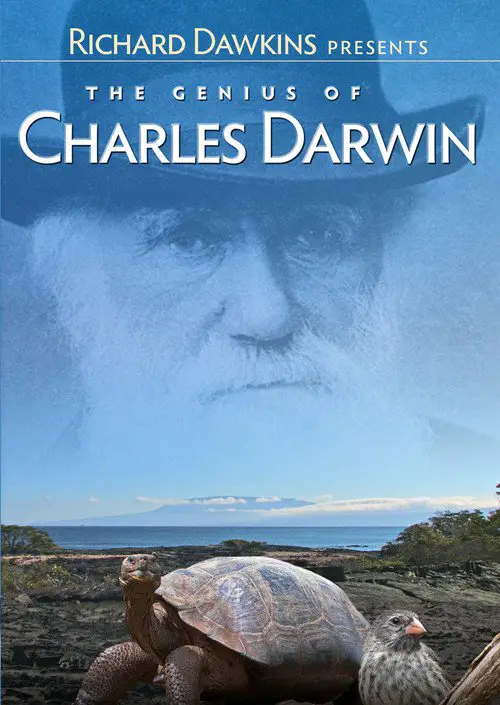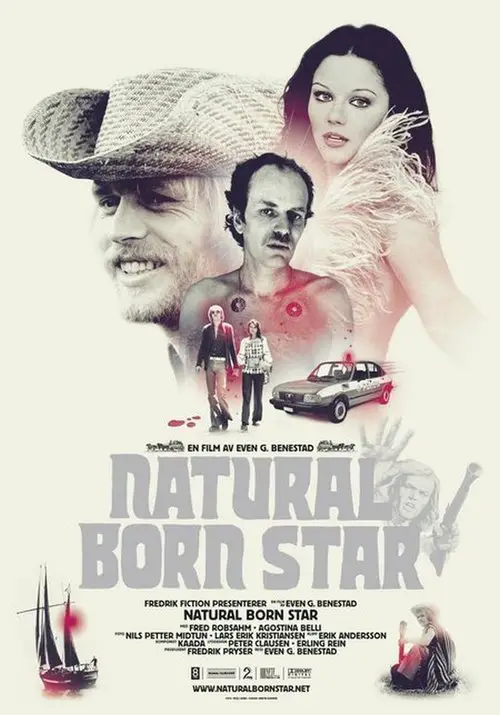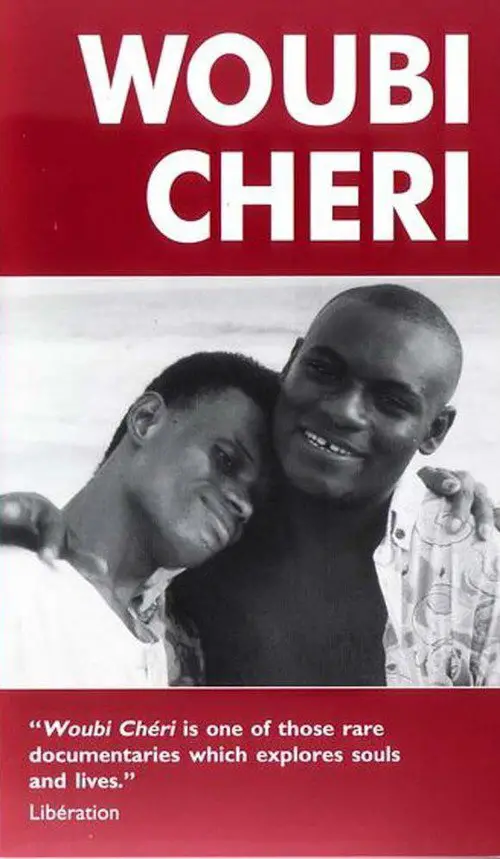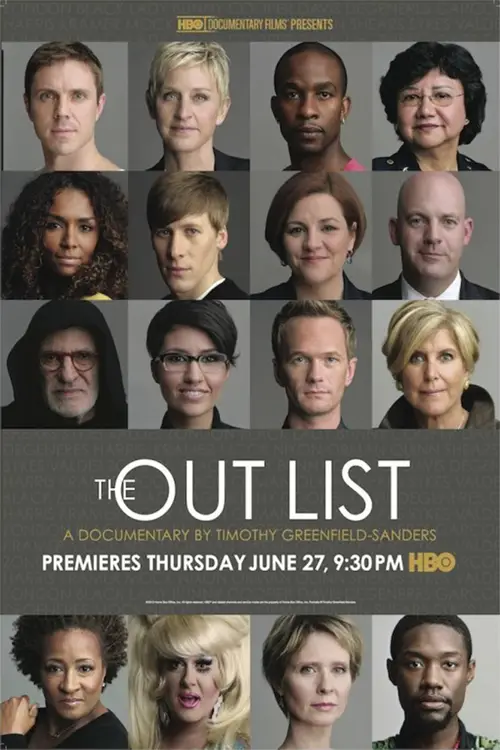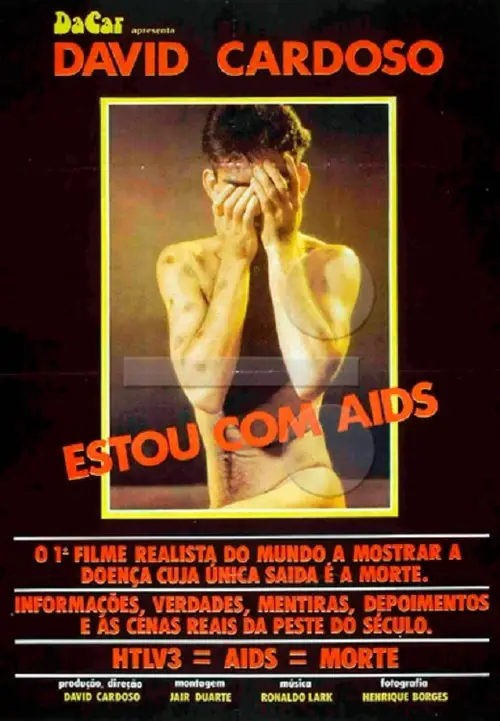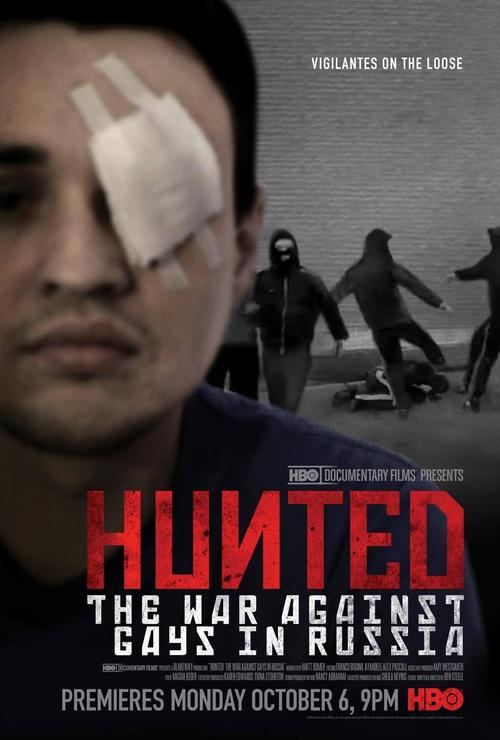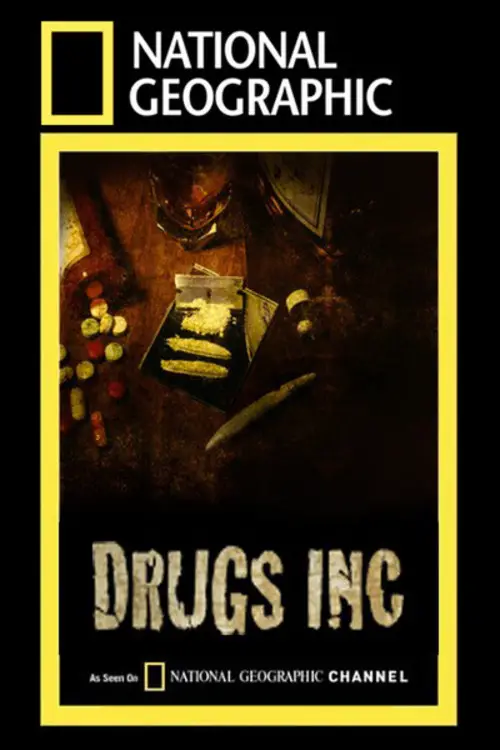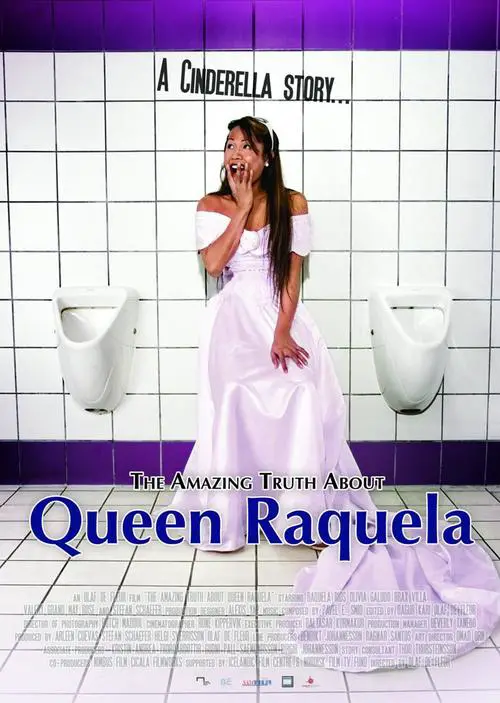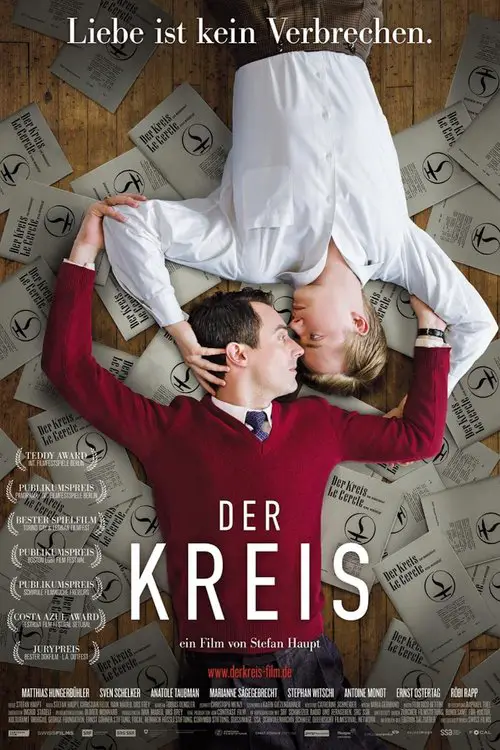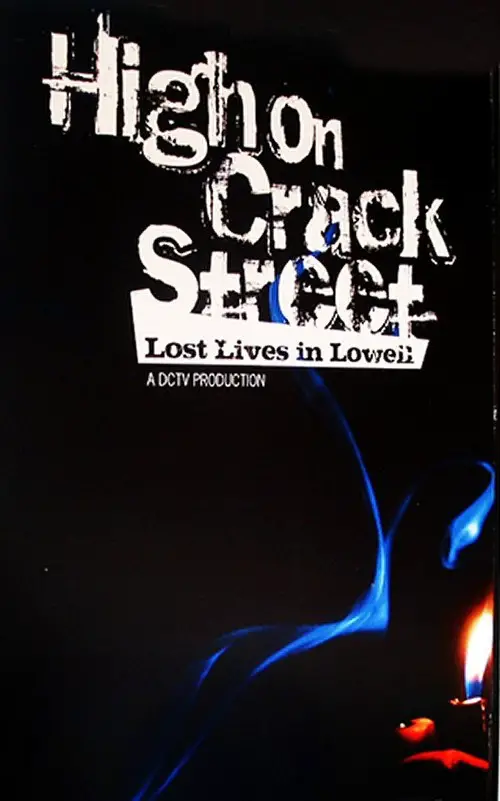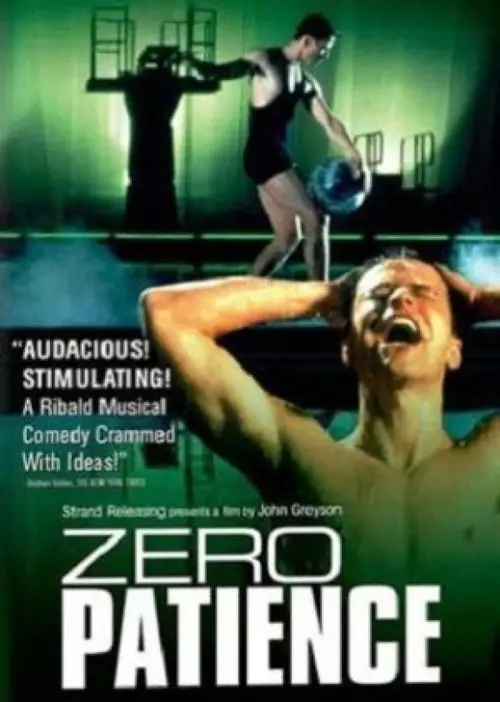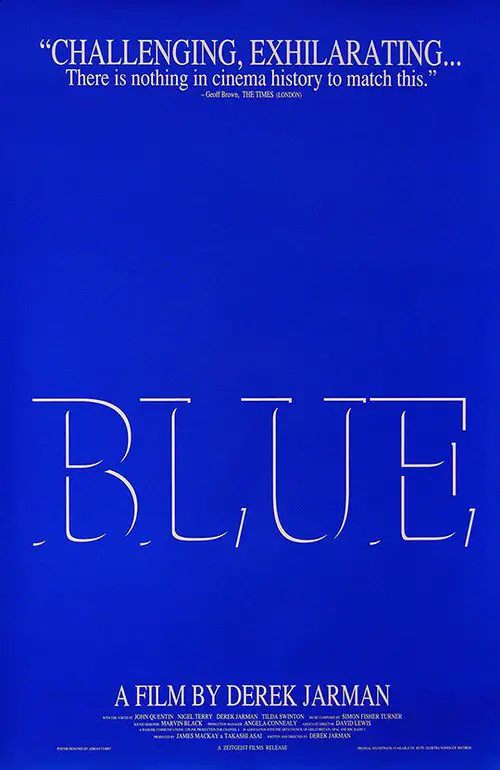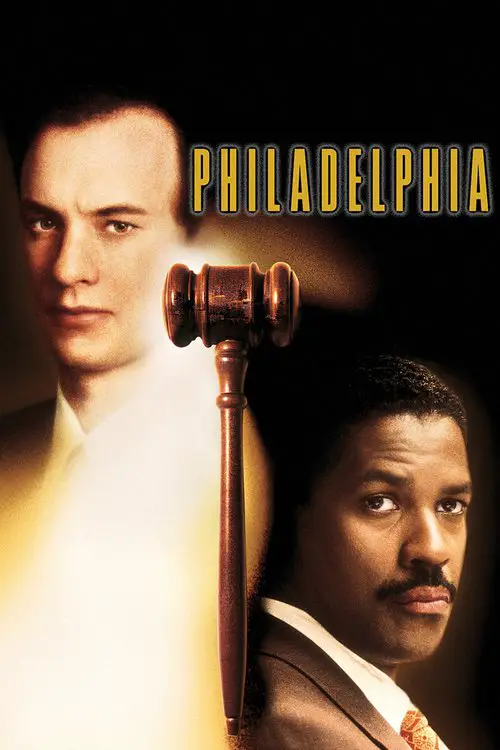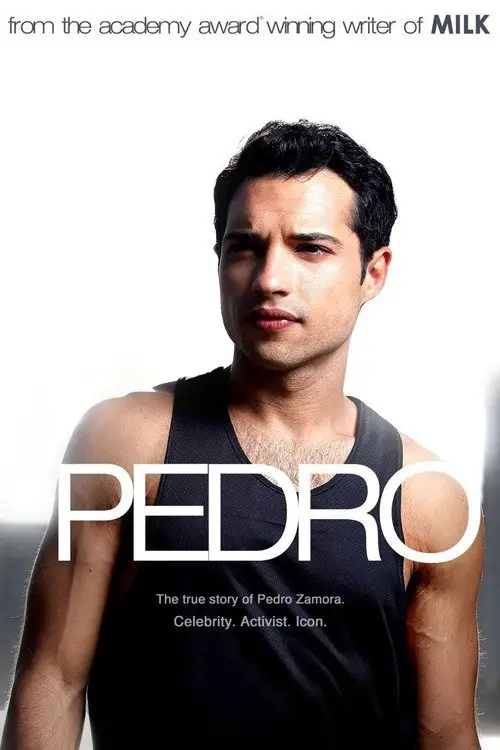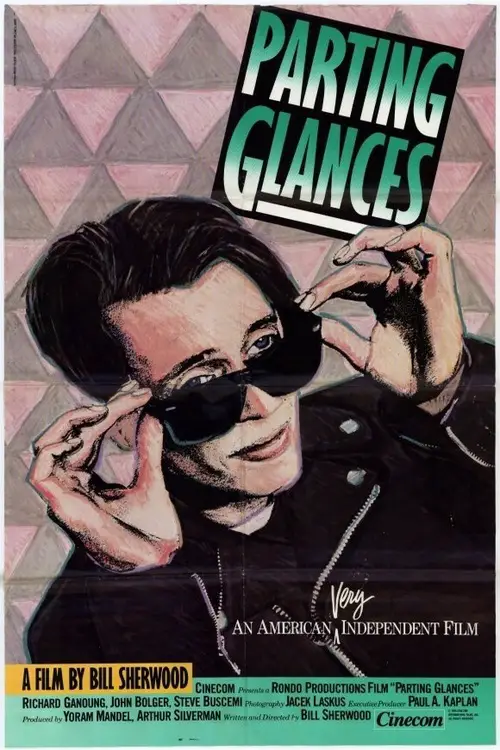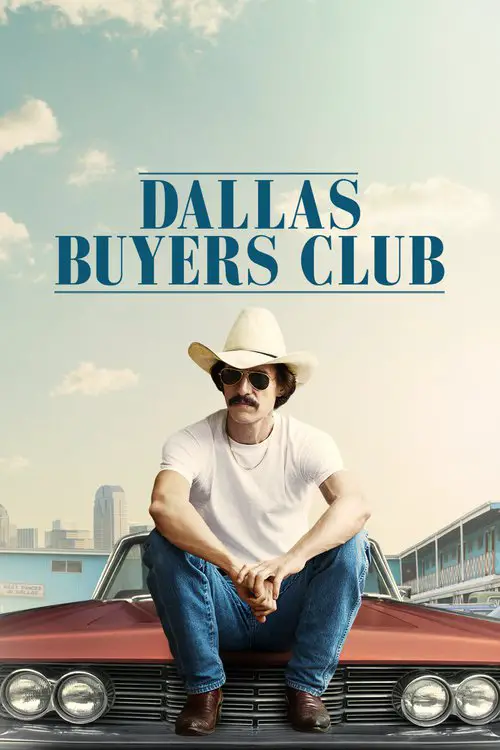Sex Positive (2009)

Similar movies
'We Were Here' is the first film to take a deep and reflective look back at the arrival and impact of AIDS in San Francisco, and how the City's inhabitants dealt with that unprecedented calamity. It explores what was not so easy to discern in the midst of it all - the parallel histories of suffering and loss, and of community coalescence and empowerment.
I Am Because We Are is a 2008 documentary film directed by Nathan Rissman and written, narrated, and produced by Madonna through her production company Semtex Films. The film documents the concern over the millions of orphans in the African country of Malawi who have lost parents and siblings to HIV and AIDS, many of whom live on the streets. The film also shows the efforts with Madonna's charitable organisation Raising Malawi in helping with improving their lives and conditions.
The Loverâs Guide 3D is the latest in the best selling series of sex education DVDs that help to educate consenting adults in the pleasures of love making. By imparting knowledge of how the body works along with how to stimulate your partners desires by being attentive to their needs, showing you specific techniques and maintaining a clear open approach to the subject matter, the documentary manages to inform and express without the need to be graphic. By advocating safe sex within a loving relationship and an emphasis on increasing desire and sustaining sex, this educational tool should appeal to those starting out or those already in a stable relationship.
9to5 - Days in Porn focuses on the people behind a controversial and multi-billion dollar industry "The Adult Entertainment industry". It depicts their stories, each one different, unadorned and authentic, without glorification or prejudice. It delivers deep insight into their personal lives - from glamorous to grotesque - strange, fascinating, offensive, absurd and sometimes funny moments all at once.
Joaquim Pinto has been living with HIV and VHC for almost twenty years. âWhat now? Remind Meâ is the notebook of a year of clinical studies with toxic, mind altering drugs as yet unapproved. An open and eclectic reflection on time and memory, on epidemics and globalization, on survival beyond all expectations, on dissent and absolute love. In a to-and-fro between present and past memories, the film is also a tribute to friends departed and those who remain.
Director Christina Voros and producer James Franco pull back the curtain on the fetish empire of Kink.com, the Internet's largest producer of BDSM content. In a particularly obscure corner of an industry that operates largely out of public view, Kink.com's directors and models strive for authenticity. In an enterprise often known for exploitative practices, Kink.com upholds an ironclad set of values to foster an environment that is safe, sane, and consensual. They aim to demystify the BDSM lifestyle, and to serve as an example and an educational resource for the BDSM community. In kink, we discover not only a fascinating and often misunderstood subculture, but also, in a career far from the mainstream, a group of intelligent, charismatic, and driven people who really, truly love what they do.
On the 11th Annual National Day of Silence, Erin Davies was victim to a hate crime in Albany, New York. Because of sporting a rainbow sticker on her VW Beetle, Erin's car was vandalized, left with the words "fag" and "u r gay" placed on the driver's side window and hood of her car. Despite initial shock and embarrassment, Erin decided to embrace what happened by leaving the graffiti on her car. She took her car, now known worldwide as the "fagbug," on a 58-day trip around the United States and Canada. Along the way, Erin discovered other, more serious hate crimes, had people attempt to remove the graffiti, and experimented with having a male drive her car. After driving the fagbug for one year, Erin decided to give her car a makeover.
Out to Win is a documentary film that serves as an overview and examination of lives and careers of aspiring and professional gay and lesbian athletes from all over the world. Chronicling the present, framed within a historical context of those that came before, this film highlights the experiences of athletes who have fought and struggled, both in and out of the closet, to represent the LGBT community and their true selves. This film is told through the voices of pioneers, present day heroes, tomorrow's superstars and the people who've helped them succeed. Featuring interviews with trailblazers including Martina Navratilova, Billie Jean King, Jason Collins, Brittney Griner and more.
Marc Huestis edits interviews with 15 men, including himself, around a set of topics starting with "what is sex?" The men are gay, living in or near San Francisco. They talk about their first sexual experiences, the gay scene in San Francisco in the late 1970s, the pall cast by AIDS, the safe-sex movement, getting into serious relationships, the illness and death of partners, pornography, S/M and pain, race and stereotypes, personal fantasies, and bliss. Huestis has a thesis, that sex is going to be with us, so how best do we embrace it? His 15 subjects, archival footage, clips from porn films, and close-up looks at men loving men flesh out various answers.
Filmmaker and ex-Church of Jesus Christ of Latter-day Saints member Reed Cowan examines that church's nationwide efforts to prevent the legalization of gay marriage - including California's Proposition 8, which was passed by voters in 2008. Confidential church documents, statements by high-ranking church officials and other sources detail 30 years of efforts to turn back gay rights, particularly by the Mormon-sponsored National Organization for Marriage.
After a lifetime of hiding, Chely Wright becomes the first commercial country music singer to come out as gay, shattering cultural stereotypes within Nashville, per conservative heartland family and, most importantly, within herself. With unprecedented access over a two-year period, including her private video diaries, the film layers Chely's rise to fame while hiding in the late 90's with the execution of her coming out plan, culminating in the exciting moment when she steps into the media glare to reveal she is gay. The film shows both the devastation of internalized homophobia and the transformational power of living an authentic life. The film also documents the conflicting responses from Nashville, the heartland and the LGBT community as Chely Wright prepares for an unknown future.
Silence = Death is a 1990 documentary film directed, written and produced by Rosa von Praunheim. The film centers on the response of some New York City's artist to the AIDS epidemic. Interviewees includes East Village artist David Wojnarowicz, poet Allen Ginsberg, artists Keith Haring, Peter Kunz, Bern Boyle and many others. It is the first part of von Praunheim and Phil Zwicklerâs trilogy about AIDS and activism it was followed by Positive (the third part, about the Aids epidemic in Germany, was never released).
In Uganda, a new bill threatens to make homosexuality punishable by death. David Kato - Uganda's first openly gay man - and his fellow activists work against the clock to defeat the legislation while combating vicious persecution in their daily lives. But no one, not even the filmmakers, is prepared for the brutal murder that shakes the movement to its core and sends shock waves around the world. (from imdb)
At age 73, writer and melancholy master of the bon mot, Quentin Crisp (1908-1999), became an Englishman in New York. Rossiter's camera follows Crisp about the streets of Manhattan, where Crisp seems very much at home, wearing eye shadow, appearing on a makeshift stage, making and repeating wry observations, talking to John Hurt (who played Crisp in the autobiographical TV movie, "The Naked Civil Servant"), and dining with friends. Others who know Crisp comment on him, on his life as an openly gay man with an effeminate manner, and on his place in the history of gays' social struggle. The portrait that emerges is of one wit and of suffering.
Nick Broomfield and a documentary crew visit Pandora's Box, an up-scale house of bondage on Manhattan's Fifth Avenue, where clients pay $175 an hour to be subservient to mistresses. Mistresses talk about their craft; a few clients, usually masked, are interviewed as well. Then, the camera watches sessions organized around fetishes: rubber, wrestling, corporal punishment, masochism, and infantilism. Mistress Raven, the owner of Pandora's Box, explains that pain need not be part of the subservient experience: it is, at its root, a transfer of power. After their session has ended, clients talk about how drained, relaxed, relieved, and at peace they are.
The story of artist Edith Lake Wilkinson, a painter who was committed to an asylum in 1924 and never heard from again. All her worldly possessions were packed into trunks and shipped to a relative in West Virginia where they sat in an attic for 40 years. Edith's great-niece, Emmy Award winning writer and director Jane Anderson, grew up surrounded by Edith's paintings, thanks to her mother who had gone poking through that dusty attic and rescued Edith's work. The film follows Jane in her decades-long journey to find the answers to the mystery of Edith's buried life, return the work to Provincetown and have Edith's contributions recognized by the larger art world.
In a celebration of the trans community in Puerto Rico, the fissure between internal and external is an ever-present battle. A unique exploration of self-discovery and activism, featuring a diverse collection of subjects that include LGBTQ advocates, business owners, sex workers, and a boisterous group of drag performers who call themselves The Doll House, Mala Mala portrays a fight for personal and community acceptance paved with triumphant highs and devastating lows. Through riv
Over the course of a year, film follows Vancouver Pride Society president Ken Coolen to various international Pride events, including Poland, Hungary, Russia, Sri Lanka and others where there is great opposition to pride parades. In North America, Pride is complicated by commercialization and a sense that the festivals are turning away from their political roots toward tourism, party promotion and entertainment. Christie documents the ways larger, more mainstream Pride events have supported the global Pride movement and how human rights components are being added to more established events. In the New York sequence, leaders organize an alternative Pride parade, the Drag March, set up to protest the corporatization of New York Pride. A parade in São Paulo, the world's largest Pride festival, itself includes a completely empty float, meant to symbolize all those lost to HIV and to anti-gay violence.
Documentary look at doomed male prostitutes in Prague, ages 15 to 18, who troll at the public swimming pool, the train station, a video arcade, and a disco. After the boys talk about how they got in the game, the camera follows them to the home of Pavel Rousek. Under the name Hans Miller, he makes gay porno videos, primarily for German distribution. Intercut with a movie shoot chez Rousek is an interview that follows him to his day job at a morgue, where he performs an autopsy as he talks about his work. The sex is without protection; the boys are without family. They talk about their bodies and souls, money, their sexual orientation, AIDS, their dreams, and death.
He slept with Sal Mineo, was photographed by Andy Warhol, and he was lusted after by millions of men around the world. Model, photographer, filmmaker, clothing designer, and porn icon Peter Berlin is his own greatest creation. Berlin is front and center in this bio documentary from director Jim Tushinski, and featuring interviews with director John Waters, novelist Armistead Maupin, 70s porn director Wakefield Poole and more, all with Berlin as the subject. This intimate film reveals the legendary man with the white saran wrapped pants, undersized leather vests, and Dutch-boy haircut
What "That's Entertainment" did for movie musicals, "The Celluloid Closet" does for Hollywood homosexuality, as this exuberant, eye-opening movie serves up a dazzling hundred-year history of the role of gay men and lesbians have had on the silver screen. Lily Tomlin narrates as Oscar-winning moviemaker Rob Epstein (The Times of Harvey Milk and Common Threads: Stories from the Quilt) and Jeffrey Friedman assemble fabulous footage from 120 films showing the changing face of cinema sexuality, from cruel stereotypes to covert love to the activist triumphs of the 1990s. Tom Hanks, Susan Sarandon, Whoopi Goldberg, Tony Curtis, Harvey Fierstein and Gore Vidal are just a few of the many actors, writers and commentators who provide funny and insightful anecdotes.
Describing herself as a 'street queen,' Johnson was a tireless voice for LGBT pride since the days of Stonewall. Her death in 1992 was declared a suicide by the NYPD, but friends never accepted that version of events. This documentary is a celebration of Johnson's activism and legacy. And an attempt to solve the mystery of her demise.
FIG TREES is a documentary opera about AIDS activists Tim McCaskell of Toronto and Zackie Achmat of Capetown as they fight for access to treatment drugs. Documentary interviews, speeches, press conferences and demonstrations are sampled, taken apart, and set to music, replayed this time as operatic scenes. A surreal fictional narrative is intercut with the stories of their struggles against government and the pharmaceutical industry. In this fictional world, Gertrude Stein decides to write a tragic opera about Tim and Zackie and their saint-like heroism. She kidnaps them, transports them to Niagara Falls, and forces them to sing a series of complicated avant-garde vocal compositions. However, when Zackie ends his treatment strike and starts taking his pills, Gertrude realizes that there will be no more tragedy, and thus, no more opera.
A Chadian film director who lives and works in France (Haroun) returns home upon the death of his mother. He is shocked at the degraded state of the country and the national cinema. The filmmaker decides to make a film dedicated to his mother entitled Bye Bye Africa but immediately encounters major problems. Cinemas have closed and financing is impossible to secure. The director reunites with an old girlfriend (Yelena), who was shunned by Chadians who could not distinguish between film and reality after appearing in one of his previous films as an HIV victim. Haroun learns about the destruction of the African cinema from directors in neighboring countries, but also finds Issa Serge Coelo shooting his first film, Daressalam. Things go badly and, convinced that it is impossible to make films in Africa, Haroun departs Chad in despair, leaving his film camera to a young boy who had been assisting him.
A Finished Life: The Goodbye & No Regrets Tour is a feature length documentary about Gregg Gour, a 48-year-old gay man with AIDS, who, when given six months to live, takes the road trip of his life. Gregg had been HIV positive for 24 years and during that time the side effects of the medications made him increasingly sicker than the virus itself. In the last several years he felt that his quality of life had diminished considerably, so he choose to go off his meds and no longer fight death. After giving away all of his belongings, Gregg buys an RV and travels across the United States with his dog, Cody, saying goodbye to family and friends who have to come to terms with Gregg's decision: That rather than suffer a long, painful death, he will end his own life before allowing the progressing illness to take away his independence.
Julian Assange. Bradley Manning. Collateral murder. Cablegate. WikiLeaks. These people and terms have exploded into public consciousness by fundamentally changing the way democratic societies deal with privacy, secrecy, and the right to information, perhaps for generations to come. We Steal Secrets: The Story of WikiLeaks is an extensive examination of all things related to WikiLeaks and the larger global debate over access to information.
Affectionate tribute to Bruce Vilanch, who writes material for celebrities who make public appearances, from Oscar hosts and award recipients to Presidents. We meet his mom and see photos of his childhood; in Chicago, he writes for the Tribune and then heads West. Whoopi Goldberg, Billy Crystal, Robin Williams, and Bette Midler talk with him and to the camera about working with Bruce, and we also watch Bruce help others prepare for Liz Taylor's 60th, Bill Clinton's 50th, and an AIDS awards banquet where the hirsute, rotund Vilanch lets his emotions show.
From the onset of the AIDS epidemic, author Larry Kramer emerged as a fiery activist, an Old Testament-style prophet full of righteous fury who denounced both the willful inaction of the government and the refusal of the gay community to curb potentially risky behaviors. Co-founder of both the service organization Gay Men's Health Crisis and the direct action protest group ACT UP, Kramer was vilified by some who saw his criticism to be an expression of self-hatred, while lionized by others who credit him with waking up the gay communityâand, eventually, the government and medical establishmentâto the devastation of the disease.
A documentary series from Channel 4, hosted by professor Richard Dawkins, well-known darwinist. The series mixes segments on the life and discoveries of Charles Darwin, the theory of natural selection and evolution, and Dawkins' attempts at convincing a group of school children that evolution explains the world around us better than any religion.
This documentary shows a few days in the life of various members of Abdijan, Ivory Coast's gay and transgendered community. We get to meet a variety of woubis, yossis, etc. The hero/heroine of the film is a statuesque young man named Barbara who is organising the annual year-end party of the Ivory Coast Tranvestite Association, to be held December 27, 1997.
Through the voices of Americans from all walks of life, The Out List explores the identities of the lesbian, gay, bisexual, and transgender community in America. In this series of intimate interviews, a diverse group of LGBT personalities bring color and depth to their experiences of gender and sexuality. With wit and wisdom, this set of trailblazing individuals weaves universal themes of love, loss, trial, and triumph into the determined struggle for full equality.
A shocking look at how a recent anti-gay amendment to a Russian propaganda law has led to increased assaults on gay men and women. In modern-day Russia, where it is estimated that just 1% of the LGBT population lives completely openly, a recent anti-gay amendment to a âpropagandaâ law has been followed by a rising number of assaults on gay men and women by vigilantes who, more often than not, go unpunished for their crimes. The expose HUNTED: THE WAR AGAINST GAYS IN RUSSIA looks at this climate of hostility.
Zürich in the mid 50âs: The young shy teacher Ernst Ostertag becomes a member of the gay organisation DER KREIS. There he gets to know the transvesti- te star Röbi Rapp â and immediately falls head over heels in love with him. Röbi and Ernst live through the high point and the eventual decline of the organization, which in the whole of Europe is seen as the pioneer of gay eman- cipation. Ernst finds himself torn between his bour- geois existence and his commitment to homosexuality, for Röbi it is about his first serious love relationship. A relationship which will last a lifetime. The film looks back from the present to the time when the âMotherâ of all European homosexual or- ganizations had its high point to the time it slowly fell apart. While the repression against homosexu- als became increasingly more intense in Zurich, two young and very different men fight for their love and â together with their friends â for the rights of gays.
Kärlekens sprÃ¥k is a 2004 Swedish sex educational film directed by Anders Lennberg. âLanguage of Loveâ is ââa show for night owls, which gives details of sex, problems with impotence, venereal diseases, etc, with detailed demonstrations. The title is a reference to the 1969 sex educational film "Ur kärlekens sprÃ¥k".
The ghost of "patient zero", who allegedly first brought AIDS to North America - materialises and tries to contact old friends. Meanwhile, the Victorian explorer Sir Richard Burton, who drank from the Fountain of Youth and now works as Chief Taxidermist at the Toronto Natural history Museum, is trying to organise an exhibition about the disease for the museum's "Hall of Contagion".
An intimate biopic of Pedro Zamora, an HIV-positive Cuban-American, who was cast for the MTV reality show, The Real World: San Francisco, in 1994. Due to his experience on the Real World, Pedro became a celebrity and a sympathetic face of the AIDS epidemic for millions of Americans who had never met anyone with HIV/AIDS.
A three-paneled look at the worldwide AIDS crisis: in Montreal, a porn actor (Ashmore) schemes to pass his mandatory blood test; a young nun (Sevigny) makes a personal sacrifice for the benefit of a South African village; in rural China, a black market operative (Liu) posing as a goverment-sanctioned blood drawer jeopardizes an entire village's safety
After breaking up with her girlfriend, a nightclub singer, Jane, answers a personal ad from Robin, a real estate agent with AIDS, seeking a cross-country travel partner. On their journey from New York City to Los Angeles, the two stop by Pittsburgh to pick up Robin's friend Holly, who is trying to escape an abusive relationship. With three distinct personalities, the women must overcome their differences to help one another.
© Valossa 2015–2026
| Privacy Policy
